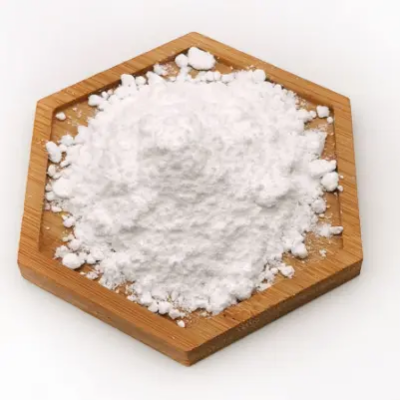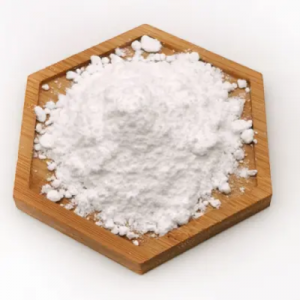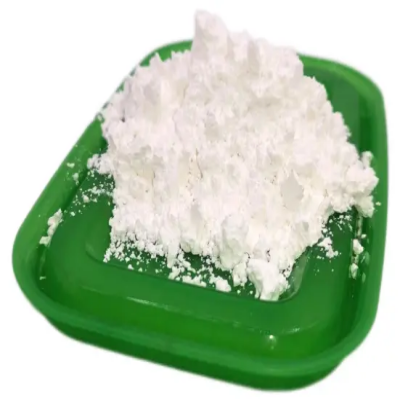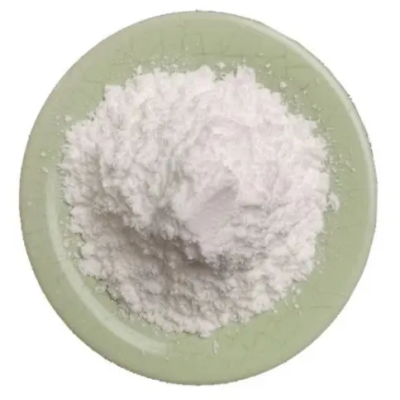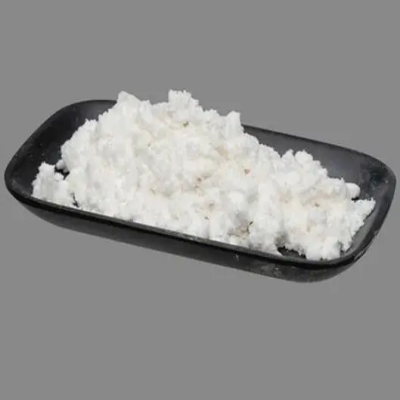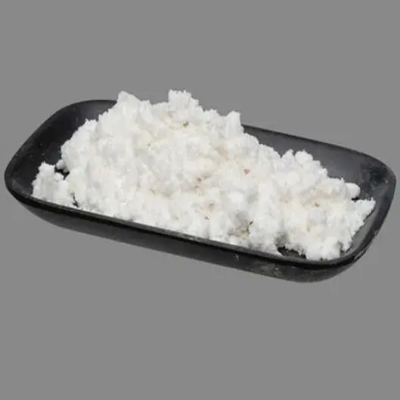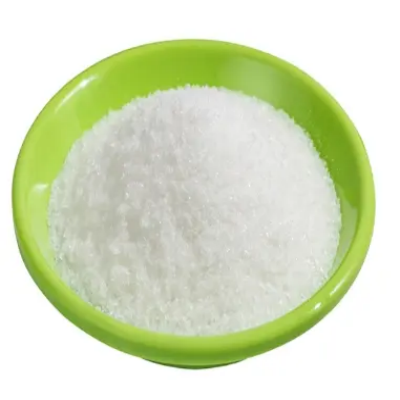β-Nicotinamide Adenine Dinucleotide CAS:53-84-9
NAD+ holds significant importance in cellular function and has garnered interest in fields such as aging research, metabolism, and cellular health. As a coenzyme, NAD+ is involved in redox reactions essential for energy production within the mitochondria, supporting processes such as glycolysis, the tricarboxylic acid cycle, and oxidative phosphorylation. Additionally, NAD+ serves as a substrate for enzymes like sirtuins and PARPs, which are involved in DNA repair, gene expression regulation, and cellular stress response pathways. In recent years, NAD+ precursors, such as nicotinamide riboside (NR) and nicotinamide mononucleotide (NMN), have gained attention as potential supplements to support NAD+ levels within cells. Research suggests that maintaining optimal NAD+ levels may play a role in mitochondrial biogenesis, metabolic homeostasis, and longevity. Consequently, NAD+ precursors are being investigated for their potential to mitigate age-related decline, support healthy aging, and address metabolic imbalances associated with conditions like obesity and diabetes. Moreover, NAD+ is an area of growing interest in sports and exercise physiology due to its involvement in energy metabolism and mitochondrial function. Studies exploring NAD+ modulation in relation to exercise performance, muscle recovery, and endurance capacity are ongoing, with potential implications for athletic performance and physical resilience. Overall, NAD+ and its precursors represent an active area of scientific inquiry with potential applications spanning aging, cellular health, metabolism, and exercise physiology, indicating a broad and evolving landscape of research and potential therapeutic significance.



| Composition | C21H27N7O14P2 |
| Assay | 99% |
| Appearance | white powder |
| CAS No. | 53-84-9 |
| Packing | Small and bulk |
| Shelf Life | 2 years |
| Storage | Store in cool and dry area |
| Certification | ISO. |


